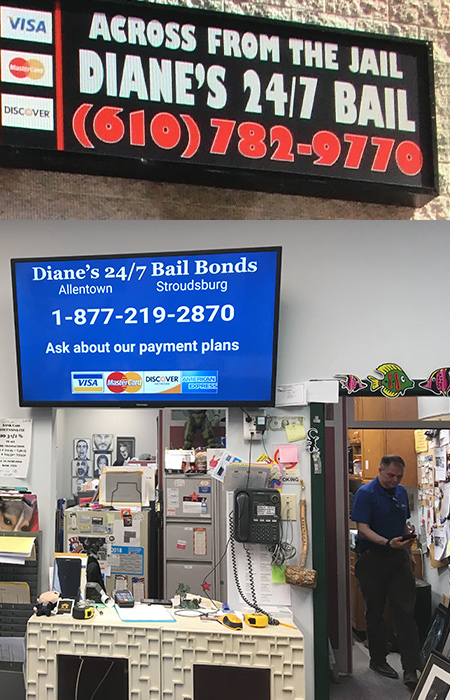Many people who are arrested lack the cash to pay for bail out of their own pocket. Bail bondsmen provide the service of lending a person bail money for a small fee. The bail bond company then pays the full bail amount to the court, allowing the defendant to be released until trial. When the defendant appears for their court date, the court returns the full amount of the bond to the bondsman.




